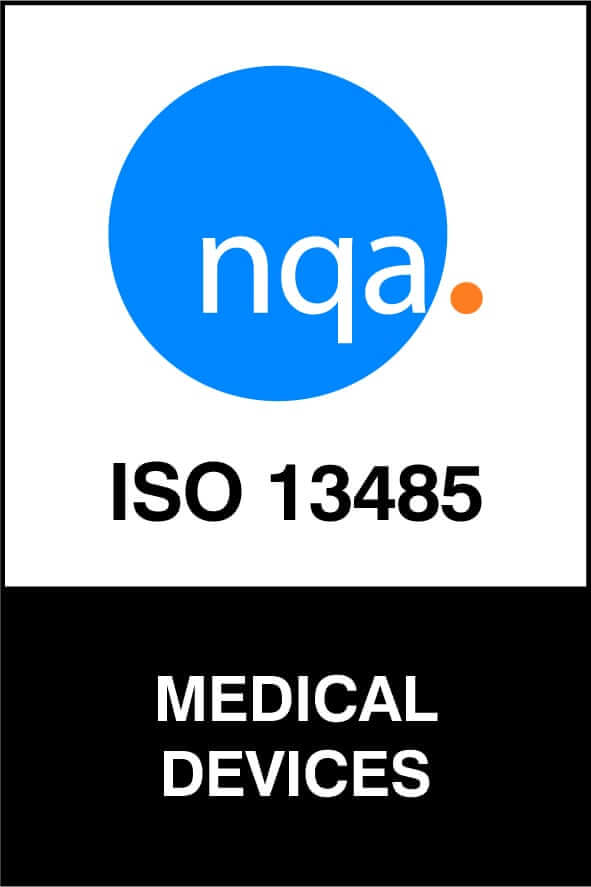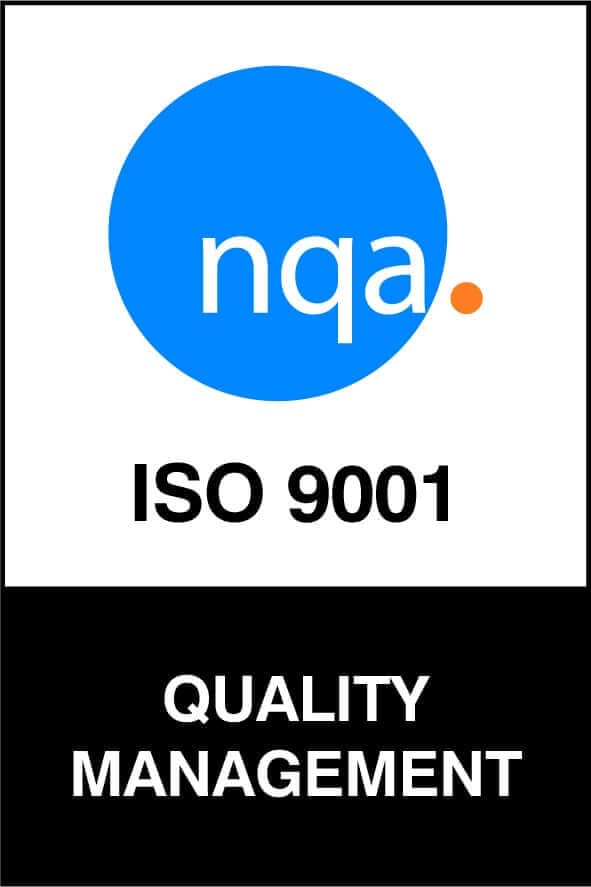Benefits of Liquid Silicone Rubber (LSR) in Medical Applications
Liquid silicone rubber, or LSR, is a popular material for healthcare products and devices. It’s a safe option for caregiver and patient handling or use, and it offers superior purity, strength, resistance capabilities, and compatibility with the sterilization processes that are critical to medical cleanliness standards.
At Jefferson Rubber Works, Inc., we offer LSR injection molding to rapidly create high-performance components for clients in the medical sector and more. Read on to learn about LSR and its advantages to help you determine whether it’s ideal for your medical application.
What Is Liquid Silicone Rubber?
A type of inorganic polymer, liquid silicone rubber is composed of such elements as silicon, hydrogen, carbon, and oxygen. Siloxane, which is made with oxygen and silicon, forms the foundational chemical chain for LSR. The siloxane bond is largely responsible for LSR’s overall mechanical strength, versatility, and performance characteristics, as this inorganic backbone makes the material well-suited to organic chemical combination and nonreactive to biological materials.
Throughout the curing procedure, manufacturers add catalysts to develop crosslinks, which are chemical bonds that form between the siloxane backbones and enhance LSR’s properties. While one common rubber-curing catalyst is peroxide, LSR uses another — platinum — as its curing agent. Platinum-cured silicone rubbers tend to be more advantageous than their peroxide-cured counterparts, delivering the following:
- Enhanced clarity
- Superior tensile and tear strength
- Greater consistency
- Lack of peroxide-based residue
Liquid Silicone Rubber Properties
Safety is paramount in the medical sector, and LSR’s exceptional biocompatibility lends the material to ideal uses in the industry. LSR is a highly stable material option, given its mechanical properties and chemical resistance abilities. This durable yet flexible material is highly resistant to the heat, chemicals, and cleaners to which medical applications might expose it. LSR offers high thermal stability, holding up well against temperatures ranging from -76 °F to 482 °F (-60 °C to 250 °C), and it’s also electrically insulative.
LSR’s moldability enables us to form it into diverse shapes while minimizing material waste. In liquid form during molding, LSR easily fills every crevice of the mold cavity, allowing our team to create medical parts with intricately detailed designs. As LSR is transparent, we can even add your preferred coloring, helping the material better match a patient’s skin tone.
Benefits of Using Liquid Silicone Rubber in Medical Applications
LSR offers several key advantages for medical products like internal and external prosthetics and implants, syringe stoppers, catheter seals, pumps, flow control valves, diaphragms, lab and diagnostic equipment, and much more. These benefits include:
- Physical and chemical resistance capabilities. LSR resists aging, oxidation, corrosion, and degradation, being able to withstand substances ranging from moisture to chemicals. The material’s structure also minimizes the growth of bacteria on its surfaces, and it offers good thermal stability.
- Compatibility with sterilization processes. A particular benefit for medical applications, it’s possible to sterilize LSR using multiple techniques. You can heat products consisting of LSR within an autoclave, utilize e-beam or gamma radiation for sterilization, or disinfect with ethylene oxide gas.
- Biocompatibility. Not only is it soft enough to make comfortable components for patients’ long-term use, but LSR with medical-grade silicone is typically safe for direct contact with the human body as it’s biocompatible and chemically inert.
- Material purity. Compared to alternate elastomers, silicone offers superior purity. It’s devoid of plasticizers and other organic additives that might otherwise leach into a product or patient.
- Flexibility. LSR’s flexibility allows fabricators like Jefferson Rubber to mold it into complex shapes. It’s a versatile material, ranging in hardness from 10 to 80 Shore A, and self-adhesive additives lend LSR the ability to form chemical bonds along with or in place of mechanical ones. We also have the option of combining flexibility with rigidity in LSR component designs, molding the rubber onto plastic or metal materials for products like housings.
Liquid Silicone Rubber Injection Molding From Jefferson Rubber Works
If you’re seeking a trusted injection molding services provider for a healthcare application, the Medical Products Group at Jefferson Rubber has the experience, resources, and skilled staff necessary to produce custom-molded LSR parts based on your unique specifications. Our ISO 13485:2016-certified company makes high-quality, contaminant-free LSR products for the medical industry, with Class 8 cleanroom molding capabilities. We emphasize precision, safety, reliability, and cost-effectiveness in each of our medical projects.
From design assistance and prototyping to part finishing and assembly, the Jefferson Rubber team is here to help with turnkey services for your next LSR injection molding project. Contact us today, and we’ll connect you with one of our experts to discuss a potential collaboration.





